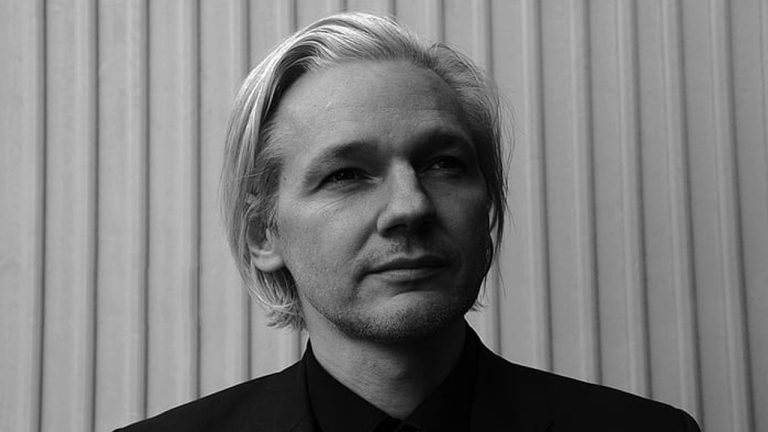
A major ChatGPT upgrade, dubbed GPT Omni, allows the chatbot to interpret video and audio in real-time and speak more convincingly like a human.
ChatGPT creator OpenAI has announced its latest AI model, GPT-4o, a chattier, more humanlike AI chatbot, which can interpret a user’s audio and video and respond in real time.
A series of demos released by the firm shows GPT-4 Omni helping potential users with things like interview preparation — by making sure they look presentable for the interview — as well as calling a customer service agent to get a replacement iPhone.
Other demos show it can share dad jokes, translate a bilingual conversation in real time, be the judge of a rock-paper-scissors match between two users, and respond with sarcasm when asked. One demo even shows how ChatGPT reacts to being introduced to the user’s puppy for the first time.













